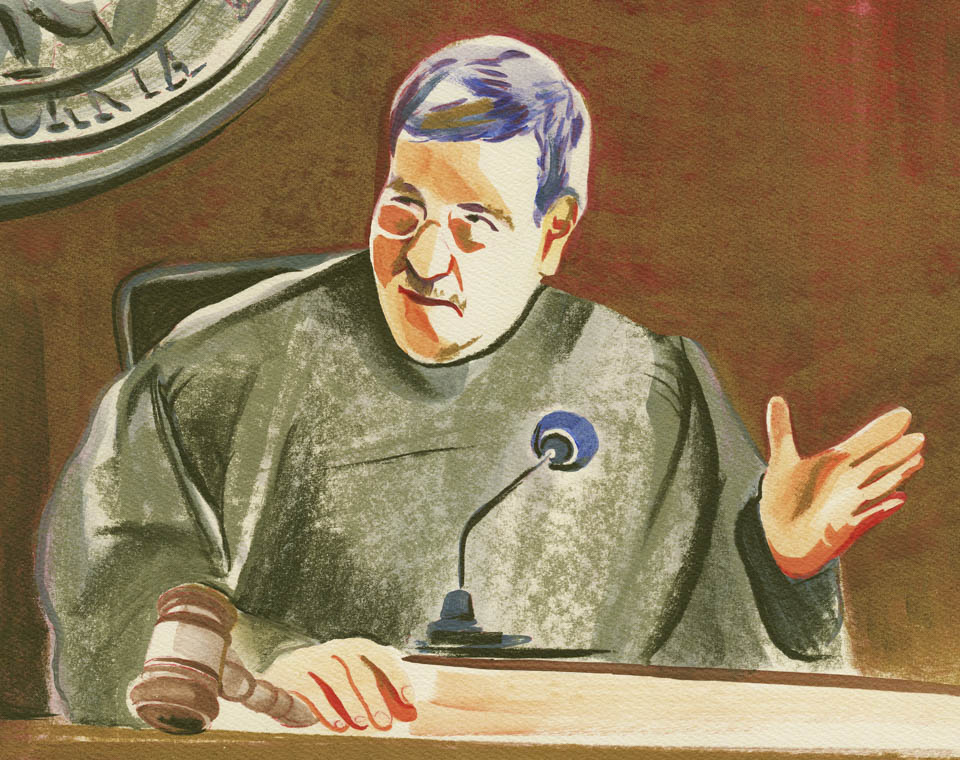Commission violates law
Superior Court Judge Curtis Karnow agrees with U.S.Department of Education that the commission failed to form a complete evaluation team during City College investigation

By Santiago Mejia
The Guardsman
The Accrediting Commission for Community and Junior Colleges violated federal law, ruled Superior Court Judge Curtis Karnow on Sept. 19.
The 40-page ruling was made following a Sept. 10 hearing requested by both parties for summary adjudication.
Karnow stated he has the power to restore the status of City College’s accreditation prior to the challenged issues, but any relief the People of California are entitled to will have to wait for the scheduled Oct. 27 trial.
“Trials are usually needed only when there are important disputes about the facts. If there aren’t any, parties may ask the court to decide issues without a trial,” Karnow said. “So these parties brought motions for summary adjudication, by which they hope to show that (1) there are no disputed facts for a trial, and (2) the law requires me to find in their favor.”
Out of the 22 issues presented by both parties, Karnow found one undisputable issue by the People that fulfills the motion for summary adjudication. The issue was the commission failed to have more than one academic on the 2013 evaluation team, violating federal law. The other 21 issues will be battled out in the Oct. juryless trial in front of Karnow.
The 2013 evaluation team members were hand picked by the commission, was in charge of evaluating City College’s progress towards reaching accrediting standards. The team reported their findings and sent recommendations to the commission.
The commission’s policy states it will “include educators, academics, administrators and members of the public on evaluation teams.” But it does not state how many of each are required on a team.
At first, Karnow was uncertain if the commission broke the law. “What’s enough academics? 1, 2, 3, 5? I don’t know, nobody’s addressed this,” Karnow said.
Karnow decided the commission broke the law after Deputy City Attorney Tom Lakritz, representing the People, brought Karnow’s attention to a letter from the U.S. Department of Education sent last year to the commission’s president.
The DOE said one academic was not enough. Additionally, the DOE noted that the evaluation teams sent to City College included a “large number of administrators in comparison to the number of faculty members.” Additionally, commission members were found participating in the evaluation teams, but the commission’s policy does not state its own members may serve on the teams.
Karnow filed an injunction earlier this year preventing the commission from terminating City College’s accreditation pending the outcome of the trial.
City Attorney Dennis Herrera, representing the People of California, filed the lawsuit against the commission in Aug. 2013. Herrera claimed the commission unlawfully decided to terminate City College’s accreditation.

Comments are closed.